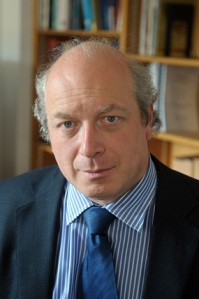
Image: medicine.yale.edu
An accomplished medical researcher and lecturer, Michael Simons serves as a professor of medicine and cell biology at the Yale University School of Medicine. He has held this position for nearly a decade. Michael Simons also is a Founding Director of the Yale Cardiovascular Research Center (YCVRC).
Operating within the Yale School of Medicine’s Section of Cardiovascular Medicine, YCVRC houses more than 110 investigators–faculty members, postdoctoral trainees, and undergraduate and graduate students who are involved in translational and basic research within the field. Many of the studies completed by the investigators at YCVRC focus on such topics as developmental and cell biology, cardiomyocyte biology, stem cells, and genetics.
To complete their studies, investigators at YCVRC have access to a wide range of facilities. The research center maintains its own zebrafish facility, along with a cell isolation core and microsurgery core. The core laboratories at YCVRC also encompass mouse breeding, imaging, mouse genotyping, and confocal microscopy.
In addition to these facilities, researchers can use the Yale Translational Research Imaging Center facilities to complete studies on cardiovascular device development and multi-modality imaging.
To stay in operation, YCVRC receives funding from a variety of sources. Funding includes National Institutes of Health training grants and foundation funding from such entities as the Leducq Foundation. The Connecticut Stem Foundation, American Heart Association, and Howard Hughes Medical Institute have also provided funding to the center.
